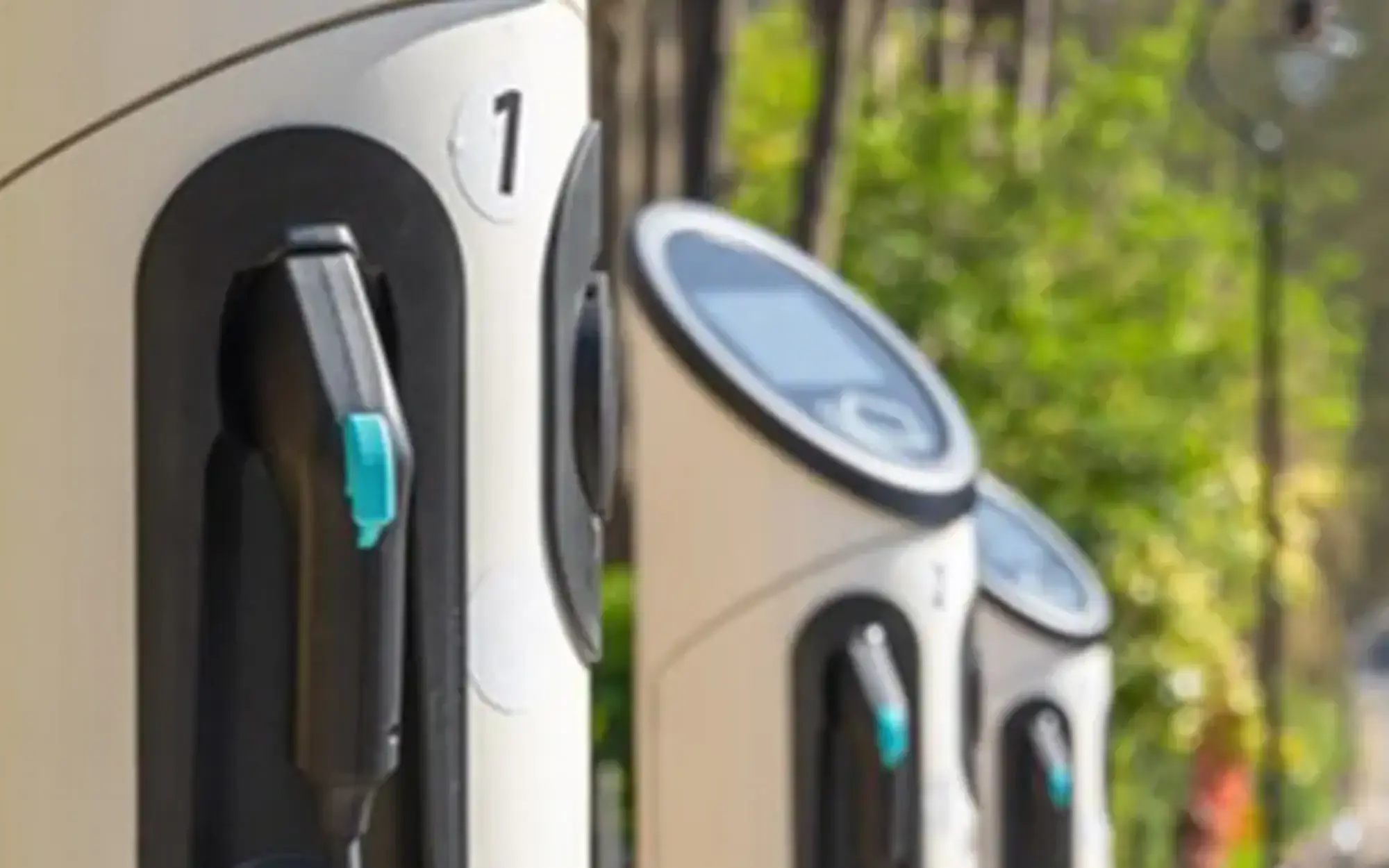
Advisory fuel rates
Advisory Fuel Rates (AFRs) are the rates set by government to assist businesses in reimbursing or being reimbursed for fuel costs of company cars.
What are AFRs?
Advisory Fuel Rates (AFRs) are the rates set by government to assist businesses in reimbursing or being reimbursed for fuel costs of company cars. The mileage rates apply only where a company must repay an employee for business travel in a company car, or where an employee is required to repay the company for personal travel in a company car.
As of 1 September 2019, the Advisory Fuel Rates were set out as below, including – for the first time – Advisory Electricity Rates (AERs) to be used for 100% electric cars.
| Petrol | Diesel | LPG | |
| 1400cc or less | 12p | - | 8p |
|---|---|---|---|
| 1600cc or less | - | 10p | - |
| 1401cc-2000cc | 14p | 11p | 10p |
| 2000cc+ | 21p | 14p | 14p |
Hybrid cars are to be treated as either petrol or diesel for the purpose of fuel rates, whilst a flat rate of 4p per mile has been introduced for 100% electric cars.
Why use AFRs?
AFRs are in place to help companies stick to the rules surrounding tax and Class 1A National Insurance costs when it comes to fuel for company cars.
When reimbursing employees for fuel costs from a business trip, so long as a company pays for the expense at a rate no higher than the AFR for the car in question, they are not required by HMRC to pay Class 1A National Insurance and it is also accepted that there is no taxable profit gained.
Nevertheless, a company is also within its rights to use its own rate where a lower rate is required. For instance, if the company cars are proven to be more fuel efficient than the AFR suggests, a company may choose to reimburse for an amount less than AFRs suggest.
It is also possible to repay higher than the AFR. However, in this case it must be demonstrated that the cost per mile was in fact higher than the guideline rate.
Equally, when an employee is required to repay fuel costs for personal trips undertaken in a company car the price paid must be at the AFR or higher in order for HMRC to accept that there is no fuel benefit charge.
Although, the AFR is not binding where it can be demonstrated that the amount paid by the employee covers the amount of personal fuel expense in full, even where it is less than the guideline rate.
The Gov.co.uk website is the best place to keep up to date with AFRs or to check out and previous rates dating back as far as 1 December 2013. You can also check out how the rates are calculated here
Rural fuel prices
The Government has taken action to help some of the country’s most rural communities where the price of fuel is deemed to be negatively affecting residents.
In 2012 it introduced a 5p rural fuel duty discount in the Inner and Outer Hebrides, the Northern Isles, and the Isles of Scilly.
Now the Government is working with the European Union to get the scheme extended to take in rural mainland communities.
The RAC believes the issues of price and security of fuel supply are key to the economic and social well-being of the UK, and that lower forecourt fuel prices actually help stimulate the economy.
Business Breakdown Cover
Keep your business moving
Pay monthly from £11.00 per vehicle – exclusive to the RAC




